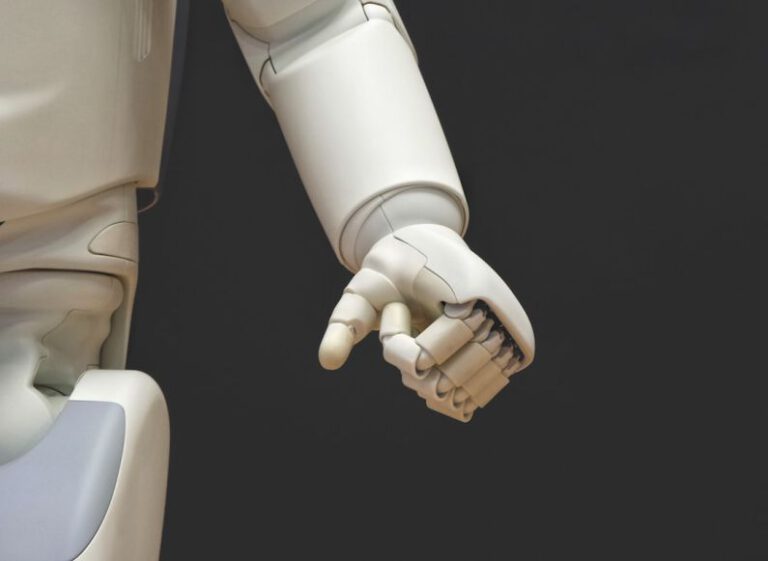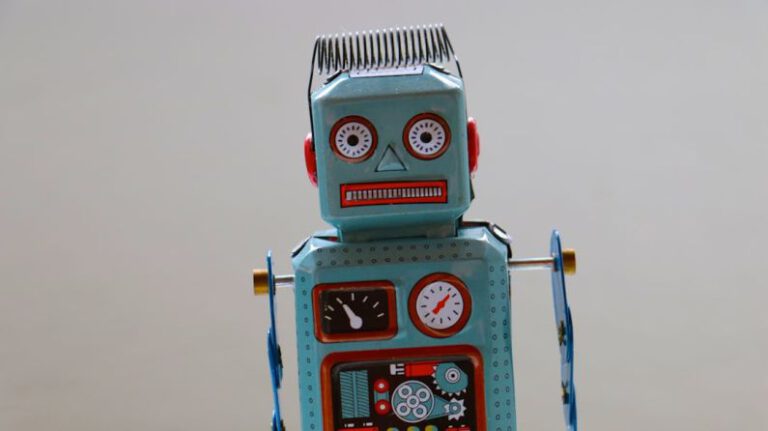Robot Ethics: Programming Morality
Robots have become an integral part of our daily lives, from assisting in household chores to performing complex surgeries in hospitals. As technology continues to advance at an unprecedented rate, the ethical implications of giving robots autonomy and decision-making capabilities have come to the forefront. The concept of robot ethics, which involves programming morality into robots, is a topic that is gaining increasing attention in the field of artificial intelligence and robotics.
The Rise of Robot Ethics
With the rapid development of artificial intelligence, robots are becoming more sophisticated and capable of performing tasks that were once thought to be exclusive to humans. As robots become more autonomous and independent, questions arise about how they should be programmed to behave ethically in various situations. Robot ethics is a branch of applied ethics that deals with the moral and ethical implications of designing and using robots in society.
Programming Morality into Robots
One of the key challenges in developing ethical robots is determining how to program morality into their decision-making processes. Unlike humans, who have a complex moral reasoning process that is influenced by various factors such as culture, upbringing, and personal beliefs, robots need to be programmed with a set of rules or guidelines that dictate their behavior in different situations. This raises the question of whose morality should be programmed into robots and how to ensure that they make ethical decisions in line with societal values.
Ethical Dilemmas in Robot Behavior
As robots begin to interact more closely with humans in various settings, they are likely to encounter ethical dilemmas that require them to make decisions that have moral implications. For example, in the field of autonomous vehicles, self-driving cars may face situations where they have to choose between saving the life of the passengers or pedestrians in the event of an unavoidable accident. How should these decisions be programmed into the robots, and who should be responsible for making such ethical choices?
Ensuring Accountability and Transparency
Another important aspect of robot ethics is ensuring accountability and transparency in the decision-making processes of robots. It is essential that the actions of robots can be traced back to their programming and that there are mechanisms in place to hold responsible parties accountable for any unethical behavior exhibited by robots. This is especially crucial in fields such as healthcare, where robots are increasingly being used to assist in patient care and treatment.
The Role of Regulation and Oversight
Given the potential risks associated with the use of autonomous robots, there is a growing consensus among experts that regulatory frameworks and oversight mechanisms are needed to ensure that robots are programmed ethically and adhere to established guidelines. Governments and regulatory bodies play a crucial role in setting standards and guidelines for the development and deployment of robots in various sectors, including healthcare, transportation, and manufacturing.
Ethics in Human-Robot Interaction
In addition to programming morality into robots, there is also a need to consider the ethical implications of human-robot interaction. As robots become more integrated into society, it is essential to establish guidelines for how humans should interact with robots in a way that respects their autonomy and dignity. This includes issues such as data privacy, consent, and the potential impact of automation on the job market.
Conclusion: The Future of Robot Ethics
As technology continues to advance, the field of robot ethics will become increasingly important in ensuring that robots are programmed to behave ethically and in accordance with societal values. It is crucial that stakeholders from various sectors, including technology developers, policymakers, ethicists, and the general public, engage in discussions about the ethical implications of using robots in different contexts. By addressing these issues proactively, we can help shape a future where robots coexist with humans in a way that is beneficial and ethical for all parties involved.






